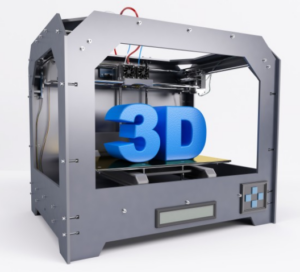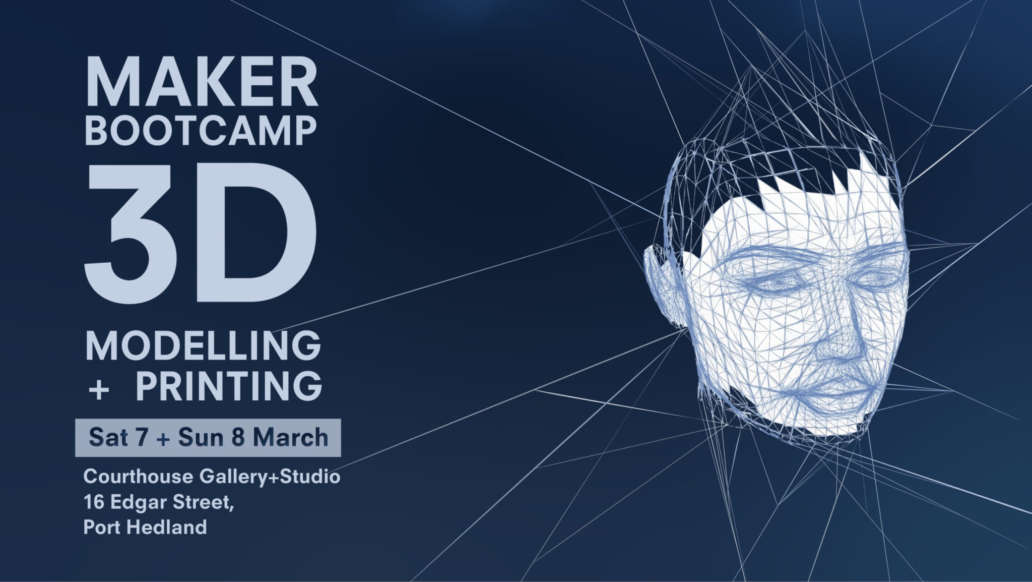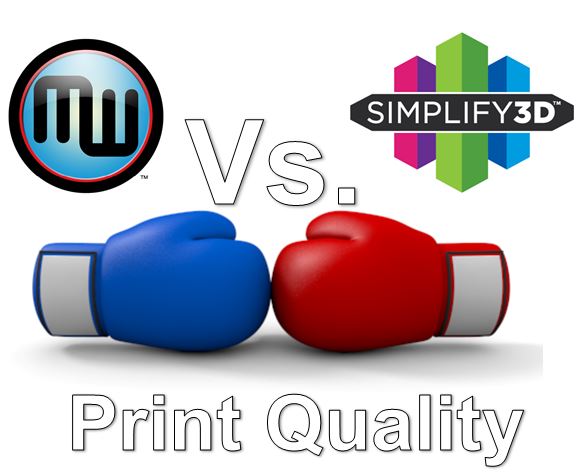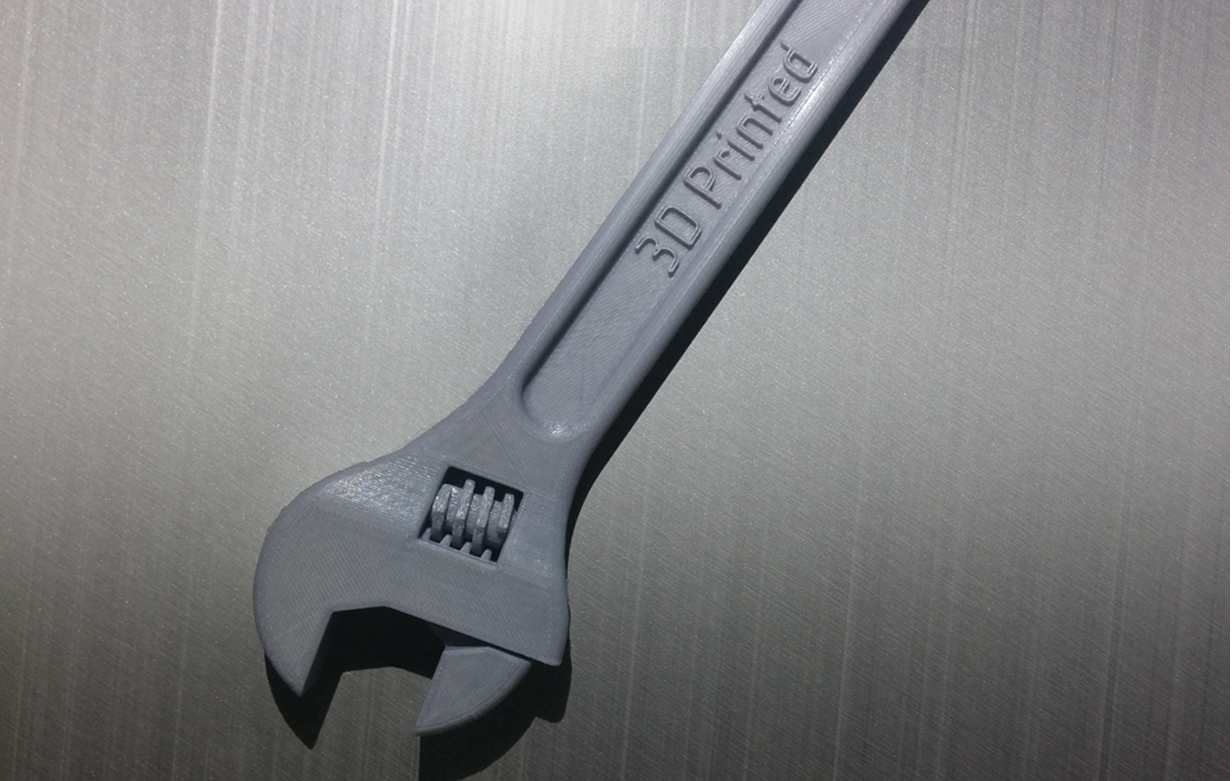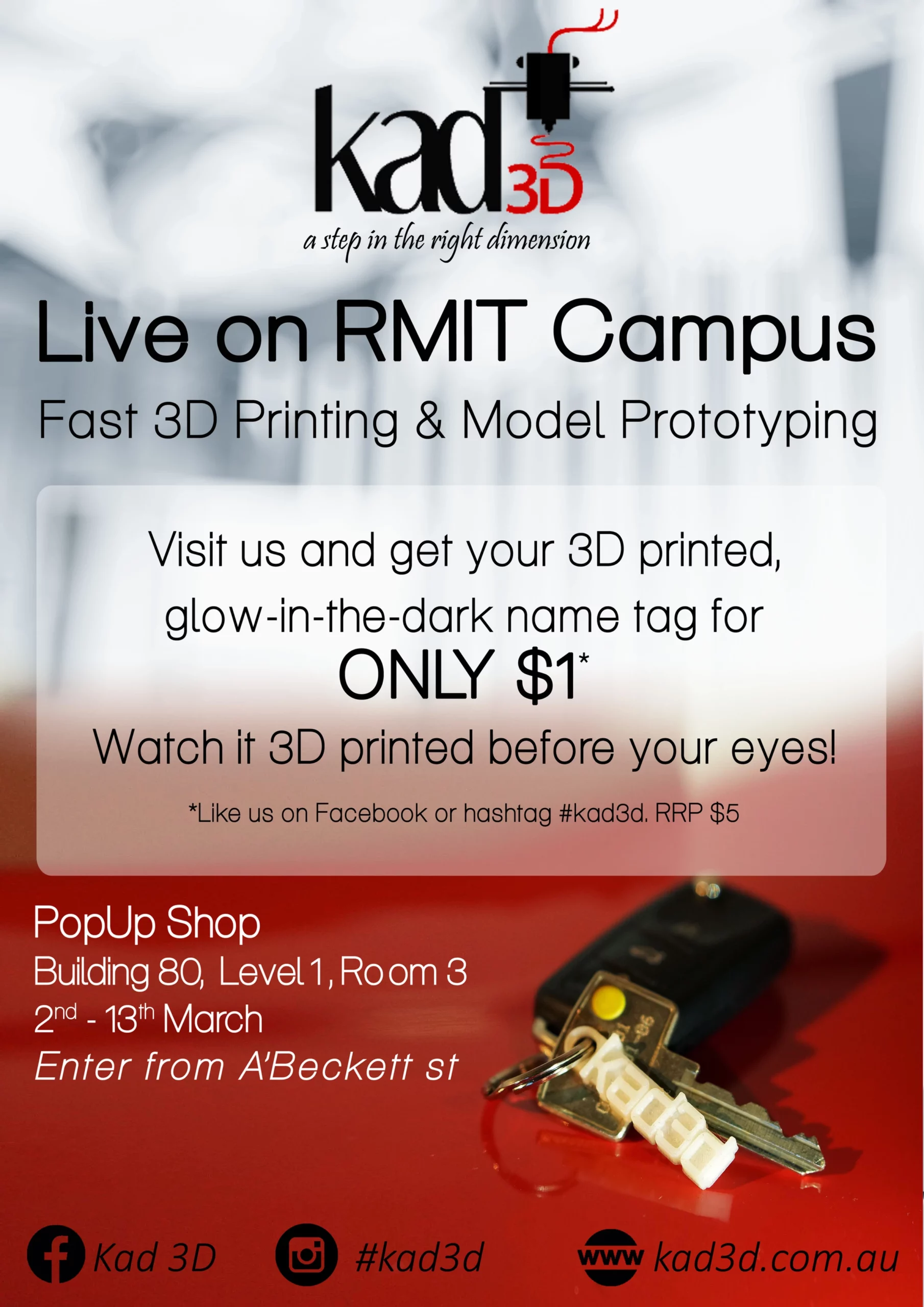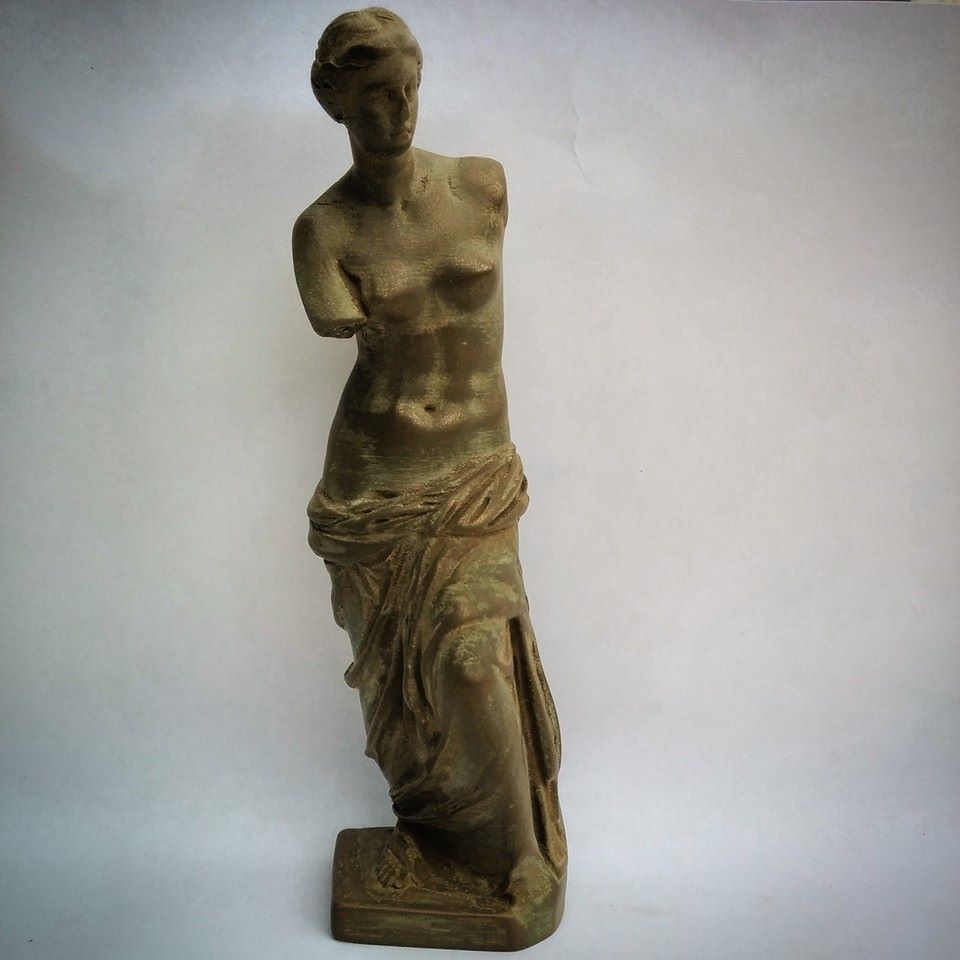Polycarbonate-ABS (PC-ABS)
Brief Introduction and History: Polycarbonate-ABS (PC-ABS) is a popular thermoplastic material used in 3D printing known for its high-impact strength and heat resistance. It was developed to combine the toughness of polycarbonate with the flexibility of ABS. PC-ABS has gained significant importance in various industries due to its exceptional properties and versatility in manufacturing complex parts using additive manufacturing.
Material Composition: PC-ABS is a blend of polycarbonate and acrylonitrile-butadiene-styrene (ABS) resins. The combination results in a material with improved mechanical properties, making it suitable for a wide range of applications in 3D printing.
Uses: PC-ABS is commonly used in automotive, aerospace, and electronic industries for producing functional prototypes, end-use parts, and casings for electronic devices.
Best Fit Use: The material is well-suited for applications requiring high strength, impact resistance, and heat resistance. It is the ideal choice for manufacturing durable parts subjected to demanding environments, such as automotive components and enclosures for electronic devices.
Detailed Example of Specific Use 1: One primary use of PC-ABS is in the automotive industry for producing interior and exterior components, such as dashboards, door panels, and trim parts that require a balance of strength, durability, and surface finish.
Detailed Example of Specific Use 2: Another significant application of PC-ABS is in the aerospace industry, where it is utilized to manufacture lightweight, high-strength components such as ductwork, brackets, and housings for avionics equipment.
Difference Between Basic and Advanced Forms: Advanced forms of PC-ABS may include enhanced thermal stability, increased impact resistance, and improved interlayer adhesion for 3D printing processes, as compared to the standard blend.
Benefits: The benefits of using PC-ABS in 3D printing include excellent mechanical properties, high impact resistance, good dimensional stability, and the ability to withstand high temperatures and harsh environments.
Drawbacks: The material may have higher processing temperatures and may be prone to warping, which can complicate printing larger parts. Print settings and equipment must be carefully calibrated to achieve optimal results.
Overall Rating for Daily Use: 8/10. PC-ABS is suitable for both hobbyist and professional use due to its versatility and high-performance characteristics, although it may require some expertise in handling.
Future Developments: Ongoing research in PC-ABS focuses on further improving its printability, reducing warping, and developing advanced variants with enhanced properties, paving the way for its increased adoption in various industries.
